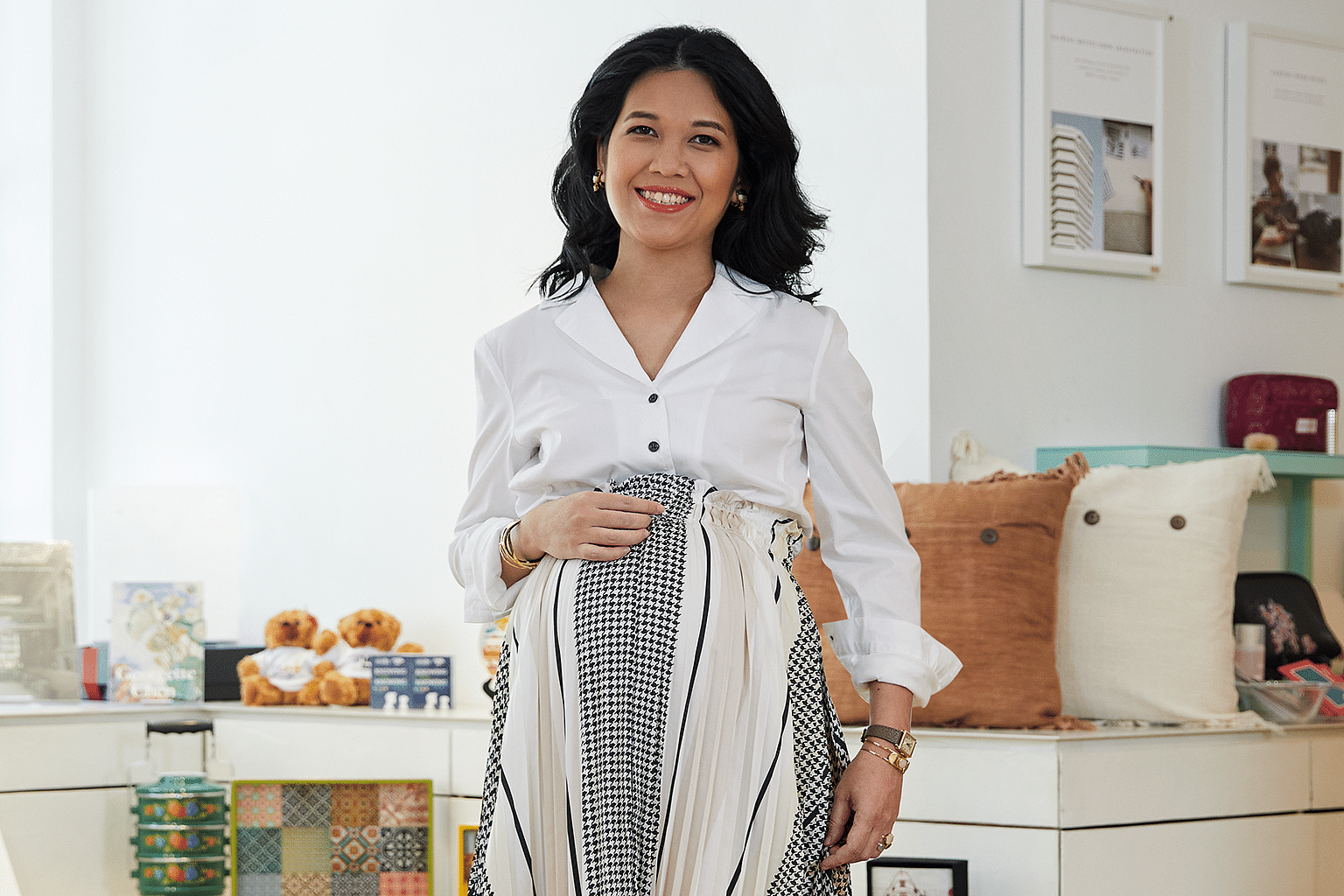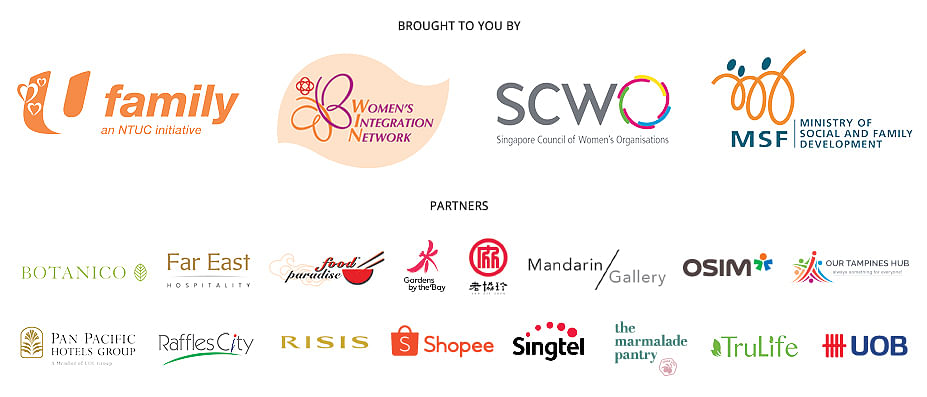Owning multi-faceted roles across society, women have been integral to the Singapore story, shaping our homes, schools, workplaces and communities through their leadership across various fields and industries.
Their achievements have been possible with community support and government policies. Singapore women are highly-valued, but more can be done to help them achieve their aspirations.
Feedback gathered from an ongoing series of dialogues called "Conversations on Singapore Women's Development", will form the basis of a White Paper with recommendations for the continued progress of SG women.
Meet two women who share their personal journeys of growth, passion and determination in overcoming barriers and blazing the trail for fellow women.
Fathima Zohra, 24, Disability and mental health advocate, and full-time programme manager, Runninghour
Better known by her Insta handle @zoraaax6, quadriplegic Fathima Zohra, who also goes by Zoe Zora, champions inclusiveness for the disabled. After a 2017 car accident left her paralysed from the neck down and with limited functions in her limbs, a whole new world of difficulties faced by disabled people opened up to her.
From being an athletic young woman, part-time model and social media influencer, she became, in her own words, "an emotional, mental and physical wreck".
When she finally came to terms with her condition, she found a new purpose - advocating for the disabled and educating the able-bodied about being inclusive. Despite suffering chronic pain and side effects from her medications, the Goh Chok Tong Enable Award 2019 recipient has been lending her voice to various organisations.
She has made advocacy videos to spread awareness about persons with disabilities for organisations like Make The Change, helped raise funds for SPD and the Muscular Dystrophy Association of Singapore, and is a regular speaker at peer support groups.
She says, "The pain takes a big toll on me, but I'm still working and advocating for my community because I know there will be change some day."
What made you rise above your circumstances?
"After 20 years of being able-bodied, people were no longer looking at me like I was still a person, a woman. So I decided to fight for better representation; I don't want any female to ever feel the way I did as a disabled woman."
What was the biggest obstacle you've overcome?
"My fear of society's judgment for putting my disabled body out there. For instance, when I'm at the gym, people think, why bother, since I'm in a wheelchair. I want to challenge these social norms. Worrying about what people think of me is not going to help me get out of bed, get to work or do anything. I'm most proud to be able to express myself, just the way I am."
How can Singapore, as a society, better embrace the disabled community?
"Singaporeans can be more understanding, kinder and try to educate themselves by asking the right questions. Look at disabled women without pity, and as people who can achieve just as much as everyone else."

Adriana Lim Escaño, 41, Founder and chief executive officer, Abry, and co-founder, Mums for Life, a ground-up movement to celebrate a mother's unique identity
A soon-to-be mother of four, this Central St Martin's College of Fashion & Design graduate and former merchandiser leveraged her professional background to start Abry, a fashion and lifestyle business that employs people from disadvantaged backgrounds, in 2008.
The elderly and women faced with difficulties finding jobs because of discrimination and other social factors were the original catalysts. Today, she is driven by a passion to help those trying to hold down jobs under challenging circumstances.
She says, "This cause is important to me because given the opportunity, they can build their careers and lives. I want to help provide those opportunities wherever possible."
Through Abry, she has collaborated with different organisations to provide individuals with jobs or vocational training. They include those from Crest Secondary School, a specialised school for Normal Technical students; women from Daughters of Tomorrow, a registered charity that empowers underprivileged women to achieve financial independence; and stay-at-home mothers from low-income families.
To ensure her staff can earn a living while taking care of their families, they are offered flexible work arrangements in positions such as administration, logistics or sales. They also produce fashion accessories and Singapore-themed merchandise.
Going forward, she is considering pushing further into advocating flexi-work practices, and establishing a new platform where the unemployed, marginalised, stay-at-home mothers or persons with disabilities can retrain, reskill and return to the workforce.
She adds, "I look at the progress made and remind myself there is a purpose and calling in this, and I will follow the path lit for me."
How do you empower your employees?
"I support 18 staff - wives who are trying to start a family while balancing work, women whose husbands have lost their jobs, the elderly who have been retrenched, and at-risk youths. We value each individual, affirm their talents and encourage them to pursue their dreams."
What are the sacrifices you have made to champion your cause?
"I don't think I've made sacrifices in the true sense of the word. I enjoy what I do and will be as passionate about championing and supporting this cause to affirm every individual's talent and dreams every day. Hiring those in less challenging circumstances may be easier. However, I believe we can find creative solutions and make things work collectively."
How do you toggle work and family commitments?
"Self-refreshment and spousal support is critical. The family comes first, so I manage my work schedule around it. My greatest support comes from my husband, who has given me much freedom to build the company, business and Abry community. We've also trained our children to be independent, with the older two (aged 10 and seven years) helping out with chores like doing the laundry and dishwashing."

Show your support for the Celebrating SG Women movement. Click here to join in Conversations on Singapore Women's Development, and discover special deals from these partners.


